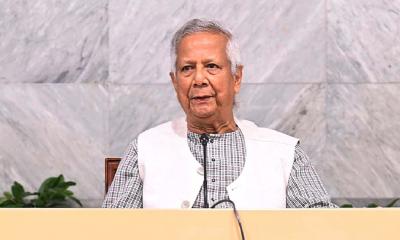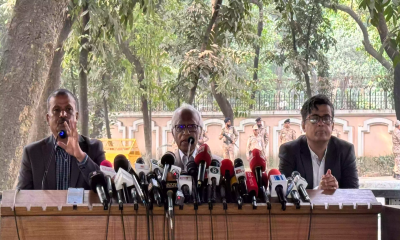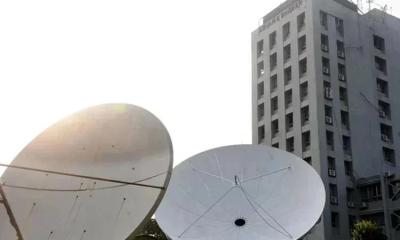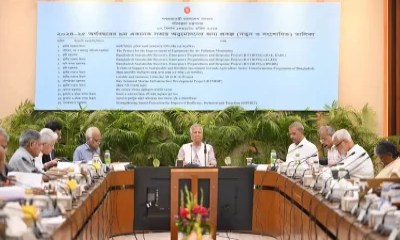A recent investigative report by TechnoGlobal Institute reveals that between 2015 and 2025, the Bangladesh government spent nearly 190 million US dollars (about 22.4 billion taka) importing and deploying over 160 surveillance technologies and spyware systems.
Much of this equipment was procured through opaque processes and via third-party countries.
The 70-page report highlights that over the last decade, Bangladesh’s surveillance apparatus has evolved from a colonial-era policing tradition to a modern cyber-based network.
This expansion accelerated notably after the 2001 US 9/11 attacks and the 2016 terrorist attack at Dhaka’s Holey Artisan Bakery, under the pretext of counterterrorism.
However, the investigation found that the surveillance systems have been widely used against political opponents, journalists, activists, and ordinary citizens—especially during elections and mass protests.
Surveillance Technology and Spending
Bangladesh imported advanced spyware and surveillance tools such as IMSI catchers, Wi-Fi interceptors, Cellebrite, FinFisher, and Predator. These technologies allow extensive monitoring, often without legal warrants.
The report states that at least 40 million dollars of the expenditure was on Israeli-origin technologies, which are known to be employed by authoritarian regimes worldwide.
Key Buyers and Sellers
National Telecommunications Monitoring Centre (NTMC): The largest buyer, spending about 100 million dollars (58% of total expenditure) on internet traffic monitoring and decryption tools, including deep packet inspection (DPI) and content filtering spyware. In 2022, NTMC purchased a $16.7 million network intelligence system from French cybersecurity firm Intersec and a $51.7 million integrated lawful interception system from American company Yanna Technologies.
Rapid Action Battalion (RAB) and Police: Invested in Wi-Fi and mobile network interception, signal jamming, and protest control technologies.
Directorate General of Forces Intelligence (DGFI): Focused on cell network surveillance, tapping, and signal jamming infrastructure, purchasing FinFisher spyware from Citizen Lab in 2015.
BGD e-GOV CIRT: Invested heavily in spyware for social media, messaging, and web content monitoring, using tools such as Oxygen Forensic Detective and BelkasoftX.
The equipment was supplied by companies from France, Germany, the US, Canada, and the UK. Notably, despite the absence of formal diplomatic relations with Israel, Bangladesh acquired Israeli technologies like Cellebrite, NSO Group’s Pegasus, Intellexa, Coralco Tech, and UTX Technologies through intermediaries in Cyprus, Singapore, and Hungary. Turkey-based spyware firm Bilgi Teknoloji Tasarim (BTT) also sold equipment to Bangladesh.
Legal Gaps and Expansion of Surveillance
The report points out that outdated laws, including the Bangladesh Telecommunications Regulation Act 2001, Telegraph Act 1885, and Wireless Telegraphy Act 1933, grant law enforcement extensive surveillance powers with little oversight. No parliamentary supervision, judicial involvement, or accountability mechanisms exist for state surveillance.
As a result, surveillance has shifted from citizen protection to political control and suppression of dissent.
Significantly, surveillance purchases surged dramatically before the 2018 and 2024 national elections, indicating use of these technologies to monitor and suppress political opposition and civil movements. In February 2025, the Rapid Action Battalion was authorized to purchase mobile interception devices for crowd and protest control.
Recommendations
The report calls for urgent legal and institutional reforms to prevent Bangladesh from evolving into a model of digital authoritarianism, where surveillance serves political power rather than public interest and safety. Without such reforms, the country risks intensifying state control over citizens through unchecked cyber surveillance.


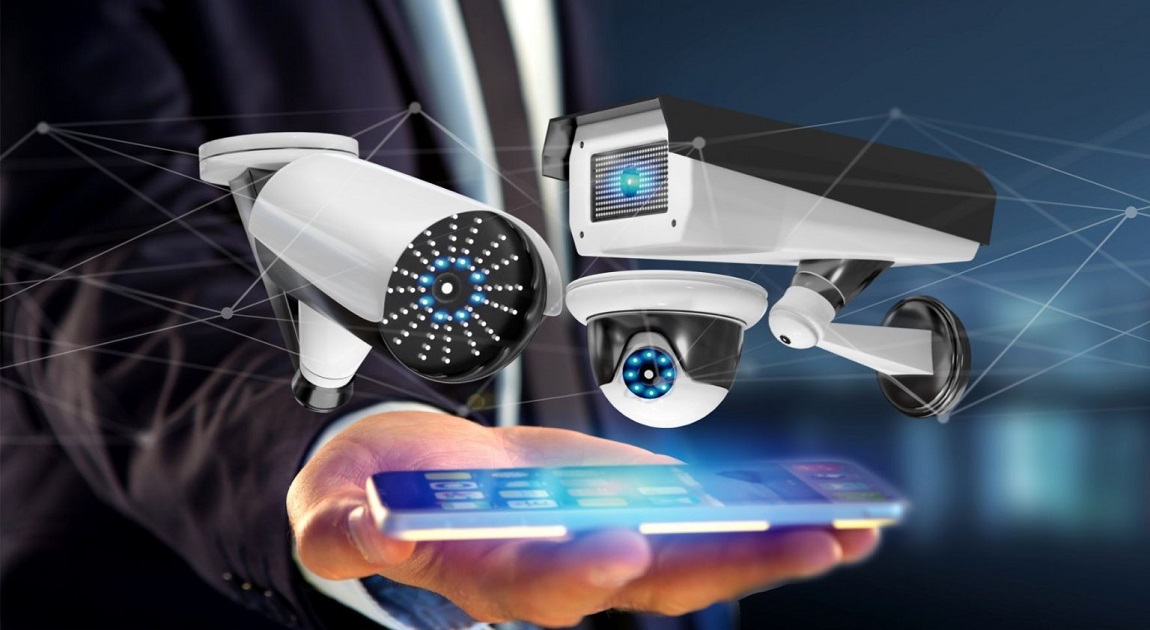


-20251207131533.jpg)
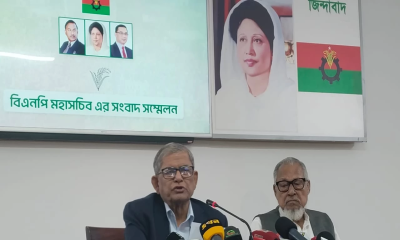
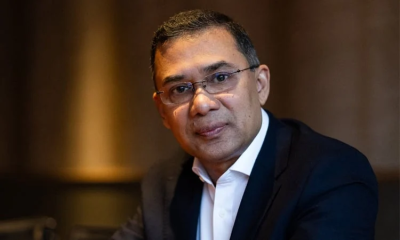
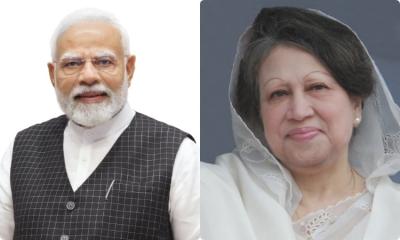
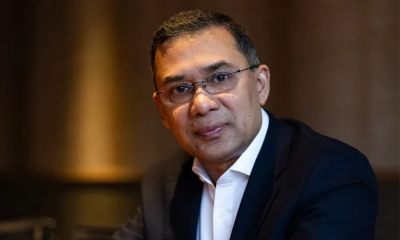


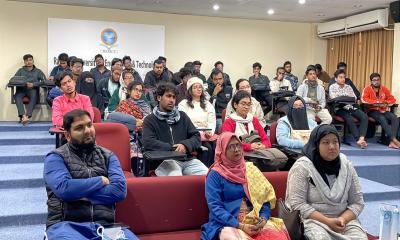
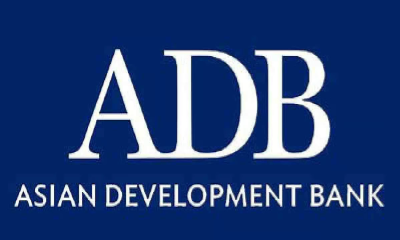
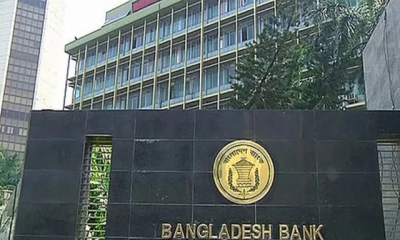






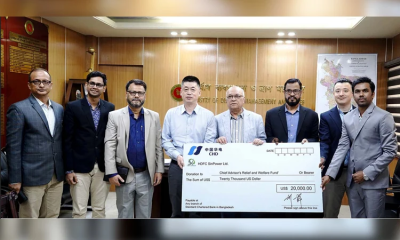
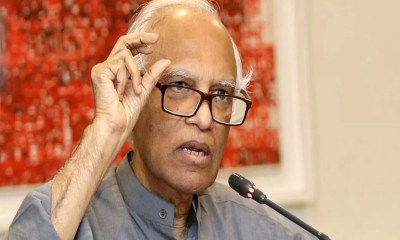

-(25)-20251122062715-20251202031751.jpeg)
-(25)-20251122062715-20251204041734.jpeg)




